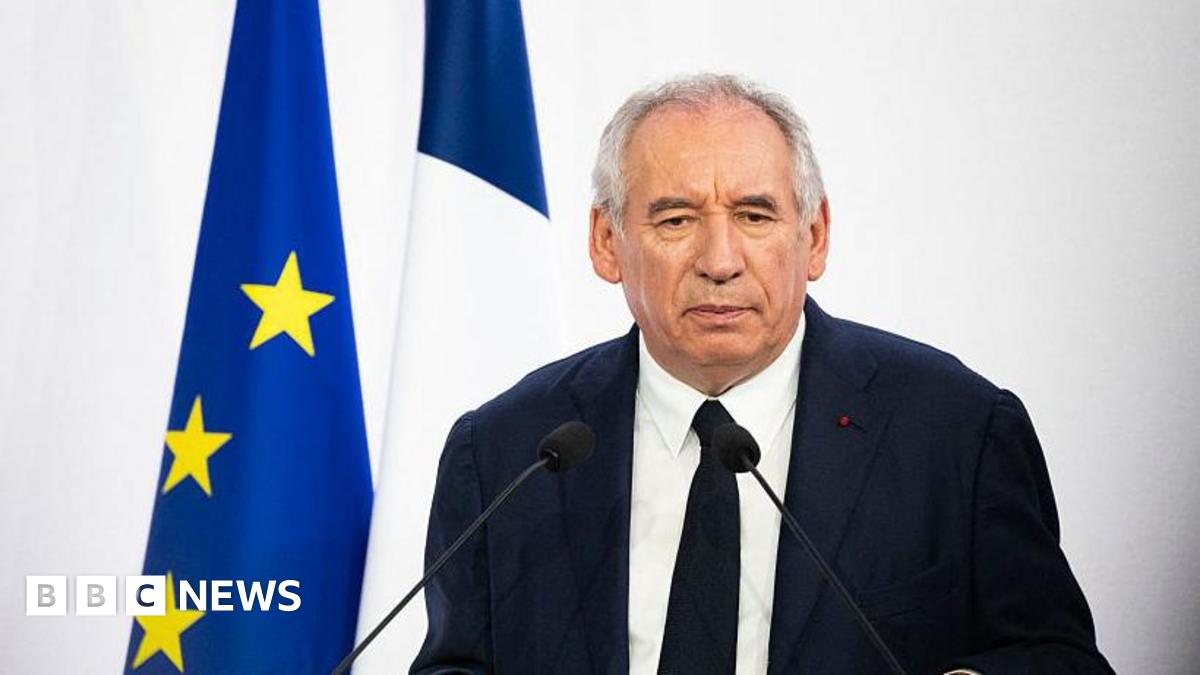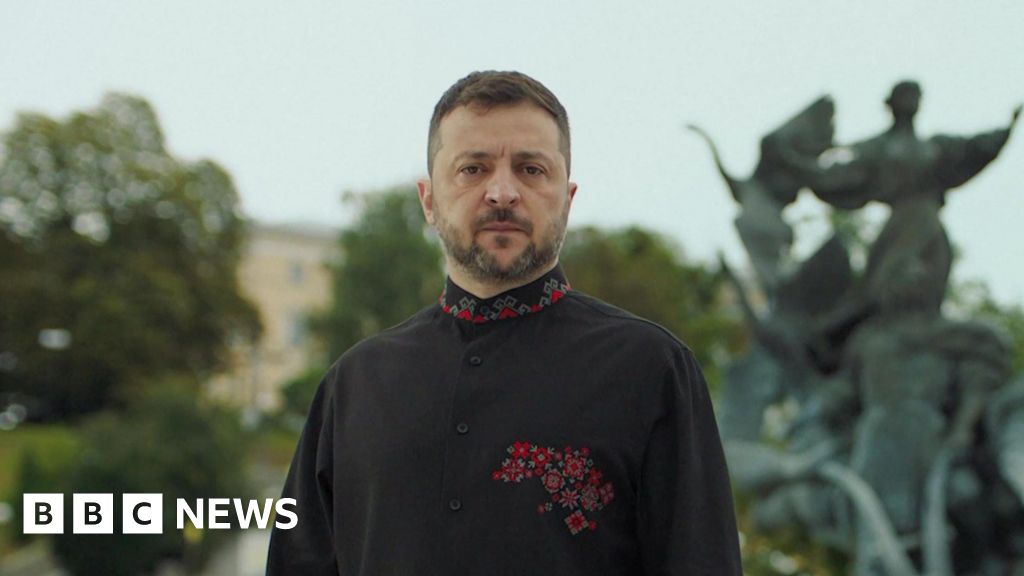Churchill & De Gaulle: A Clash of Titans – How Two Stubborn Leaders Shaped WWII & Beyond

Richard Vinen’s compelling new book, The Last Titans: Churchill and de Gaulle, offers a fascinating and meticulously researched exploration of the complex relationship between two of the 20th century's most iconic leaders. It's a story of rivalry, respect, and ultimately, a grudging partnership that profoundly impacted the course of World War II and the post-war world order. Published at a time when international relations are once again fraught with tension, Vinen’s work provides invaluable insight into the dynamics of leadership, national identity, and the delicate art of diplomacy.
The book isn't merely a biography of Churchill and de Gaulle; it's an examination of their contrasting personalities and political philosophies, both forged in the crucible of a rapidly changing Europe. Churchill, the flamboyant, eloquent defender of the British Empire, and de Gaulle, the austere, fiercely independent champion of French national pride, initially viewed each other with suspicion and even disdain. Their differences were stark: Churchill saw Britain as the lynchpin of Allied victory, resisting any diminution of British influence; de Gaulle, haunted by the fall of France, was determined to restore France to its pre-war status as a great power, often to the frustration of his allies.
Vinen expertly details the numerous clashes between the two men, highlighting the tensions that arose over issues like the control of French territories, the future of the French colonial empire, and the role of France within a post-war European order. Churchill, with his characteristic bluntness, often dismissed de Gaulle's demands as unreasonable, while de Gaulle, with his unwavering conviction, refused to compromise his vision for France. Their interactions, marked by formal dinners and tense negotiations, became a source of constant friction within the Allied coalition.
However, Vinen also reveals a surprising layer of mutual respect beneath the surface of their animosity. Both men were driven by a deep love for their countries and a shared determination to defeat Nazi Germany. They recognized in each other a rare combination of strength, intelligence, and unwavering commitment to their respective nations. As the war progressed, and the threat of German occupation receded, a fragile understanding began to emerge, born out of necessity and a growing recognition of the other’s importance.
The Last Titans is particularly timely given the current geopolitical landscape. Vinen’s analysis of Churchill and de Gaulle’s relationship provides a valuable framework for understanding the challenges of navigating complex international alliances and managing national pride in a world increasingly interconnected. It’s a testament to the enduring power of strong leadership, the importance of compromise, and the enduring legacy of two men who, despite their differences, played a pivotal role in shaping the modern world. This is not just a history lesson; it’s a masterclass in diplomacy, resilience, and the art of the possible.
Ultimately, Vinen's work demonstrates that even the most formidable adversaries can find common ground when faced with a shared threat, and that the pursuit of national interests doesn't necessarily preclude the possibility of mutual respect and cooperation. The Last Titans is a must-read for anyone interested in World War II, European history, or the enduring dynamics of international relations.






